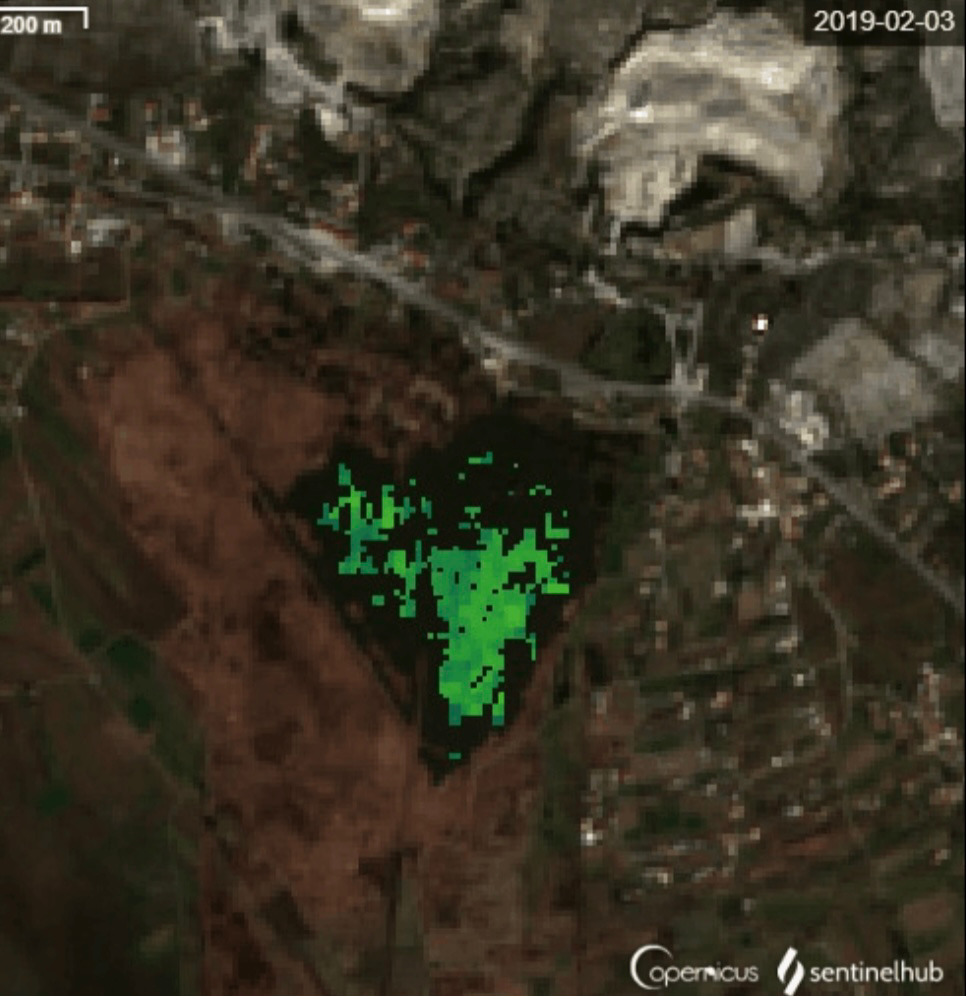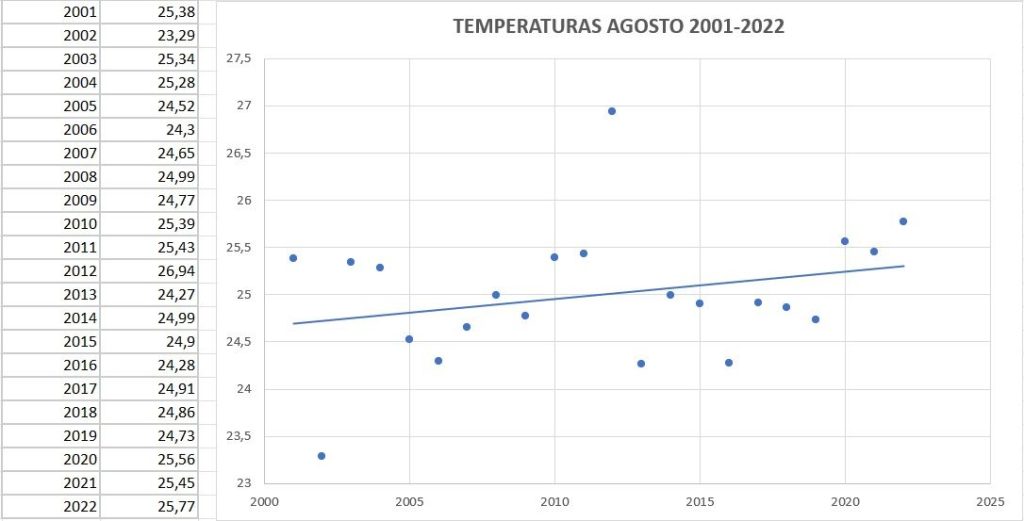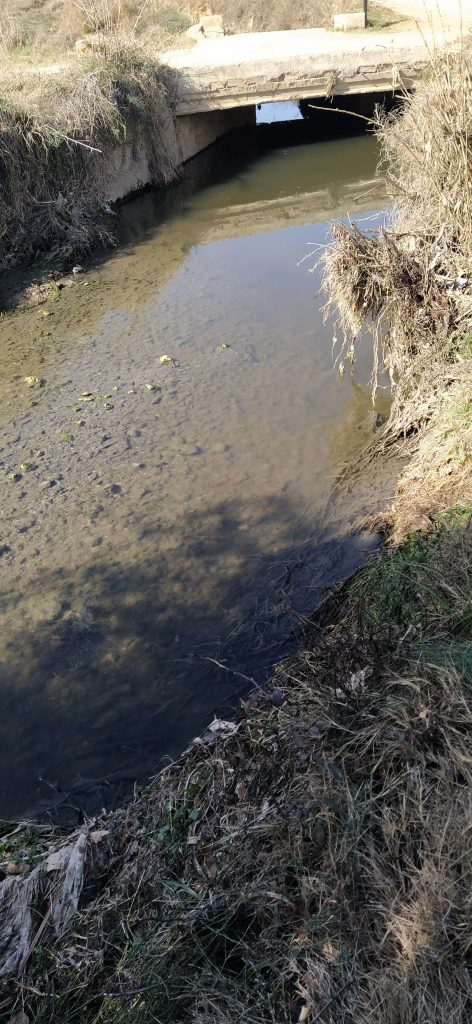Climate Detectives Projects 2022-2023
Project title: WETLAND: “The Padul peatbogs”
Team: 1º Bch PD. SAS IESPM
IES Padre Manjón Granada Spain 4 Student’s age: 16-17 years old
“To what extent are climate change and other anthropic actions affecting the ecosystem of the Padul peat bogs?”
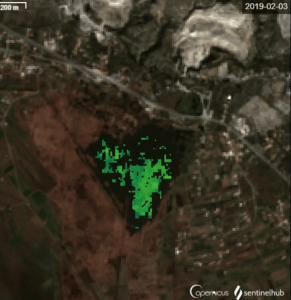
Las Turberas de Padul is the only endorheic wetland in our province (Granada). The main objective is to check if climate change was affecting it, as well as other human activities sadop that is in a highly populated area with various activities.
For our research, we use various sources.
primaries. obtained from the EO browser application: (plant cover, water surface, water quality,
Primary Field: Observation of species, bioindicators, human impacts
Secondary interviews with experts who have studied the wetland.
Secondary: web and bibliography: about biodiversity, news about the lagoon, characteristics of the ecosystem, etc.
Climatological secondary (own elaboration from official databases)
We have carried out the research in this course including a visit to the wetland, applying the knowledge obtained in our visit 02/816/2023), we did the interview in the same visit, since Juan Ramón Fernández Cardenete and Juan Salvador Santiago Cabello, They offered to accompany us when we contacted them to conduct the interview.
After analyzing the data obtained, we observe how, although it may not be an ecosystem in which we have detected major changes due to climate change, we do find that it suffered serious human impacts that put biodiversity at serious risk, thinking of solutions that can correct this trend, and those related to the SDGs.
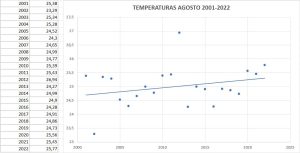
We discovered that the lagoon itself is of anthropic origin since it originated after abandoning the exploitation of Peat that took place mainly during the 20th century. This increased biodiversity, since a large area of reeds is maintained, which would be the ecosystem that should exist.
Climate change has not altered the ecosystem too much as it is a deep lagoon, and we do not appreciate large changes in rainfall and temperature.
However, we find numerous impacts caused by agricultural, mining, service sector, and infrastructure activities such as roads and wind turbines. The most serious is a wastewater effluent, which has not completed all the treatments, since we observed evidence of contamination by organic matter, including solid waste. The presence of invasive species is also noteworthy, especially barbel or cane. We think that it could have a more sustainable use, trying to promote economic activities such as ecological tourism. It is important that the inhabitants of the region perceive the actions more as opportunities than as limitations.
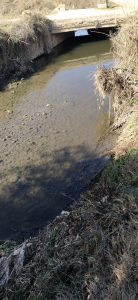
Propose tertiary treatment of the WWTP and divert the discharge to another place.
Surround the ecosystem with native riverside forest, to eliminate noise, absorb nutrients from agriculture and create more habitat for animal species.
Create a strip where you restore the vegetation that allows a sustainable use while allowing a certain spread of species, eliminating a little the margin effect.
To clean the water of ammonium, watercress could be inserted, which absorbs this type of pollutant well.
Eliminate alien species.
Reintroduce native species that have become extinct in the area, such as the otter
Promote ecological tourism as an economic activity.
Make this type of work known so that the population understands the need for this type of action, and adopt more sustainable behaviors that reduce energy consumption and other actions against climate change
https://sites.google.com/iespm.es/thepadulpeatbogs/introduction
Projects are created by the teams and they take the full responsibility of the shared data.
← All projects


